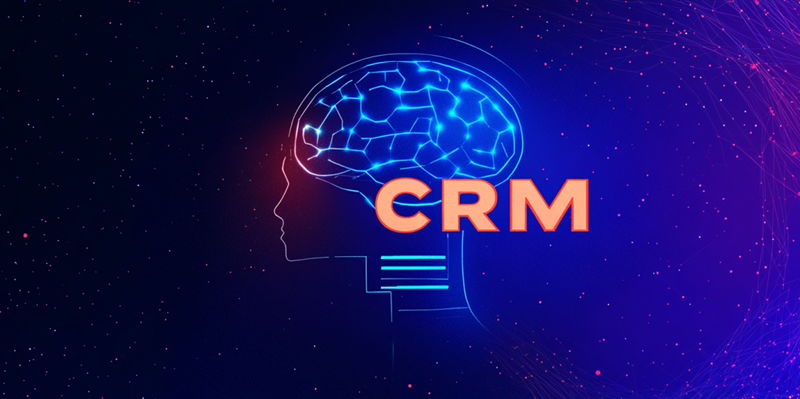One of the most compelling advancements in customer relationship management is the integration of artificial intelligence, which significantly automates routine tasks, yielding unprecedented efficiencies and allowing businesses to focus on more strategic initiatives. By leveraging AI, CRM systems not only streamline operations but also provide deep insights into customer behaviors and preferences, unlocking opportunities for more personalized and effective customer interactions. These AI algorithms excel at analyzing vast datasets, predicting customer needs, and enabling businesses to tailor their marketing strategies accordingly. Consequently, companies can look forward to increased customer satisfaction and loyalty.
The integration of AI with CRM software goes beyond mere automation; it facilitates real-time data processing, allowing businesses to respond promptly to customer inquiries and optimize their service delivery metrics. This real-time capability ensures that businesses remain agile and customer-centric, responding instantly to changing customer dynamics. However, the adoption of AI in CRM isn’t devoid of challenges. Privacy concerns and data security are pressing issues that require robust measures to protect sensitive customer information. Furthermore, businesses must ensure that AI tools are not only implemented effectively but are also user-friendly and adaptable to their specific needs. The journey toward AI-powered CRM is filled with potential, but it demands a strategic approach and continuous innovation for successful realization.

